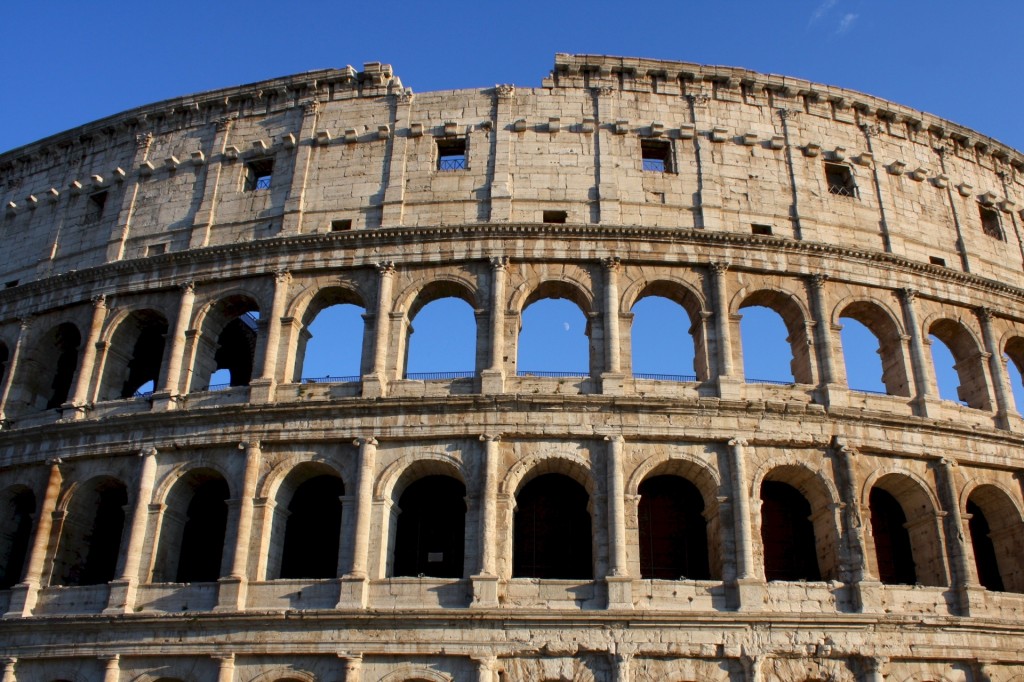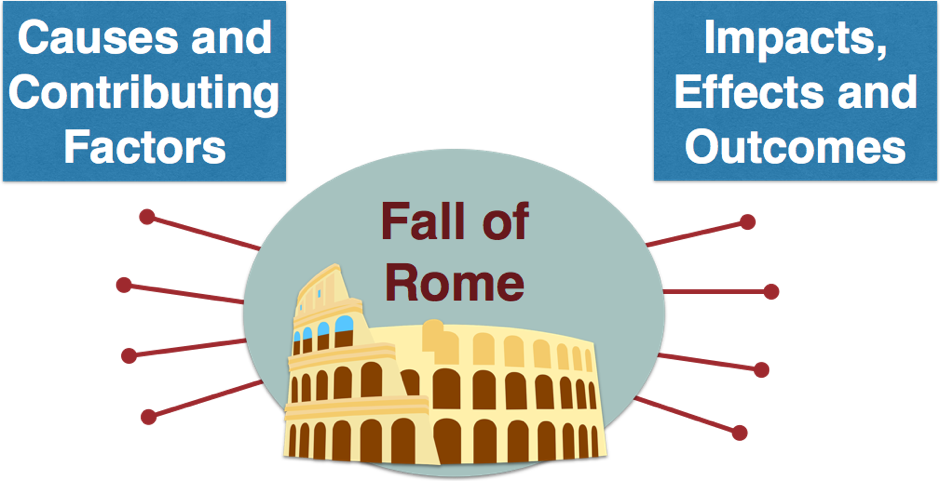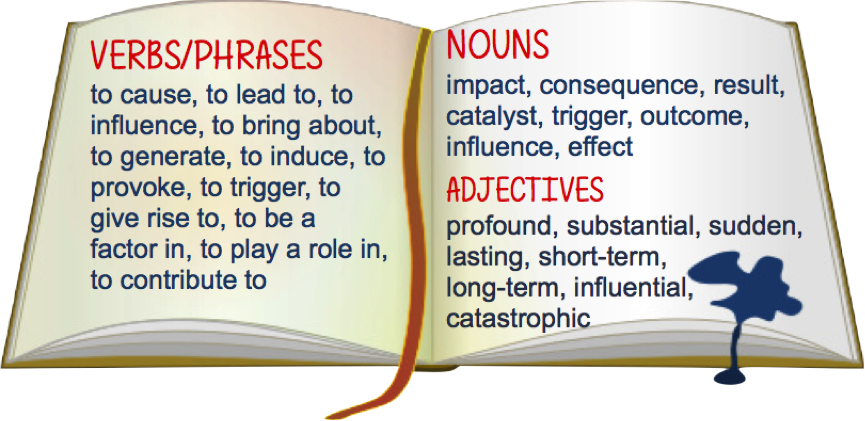

Dear Year 8,
Welcome to a new semester of History.
My plan is to plunge into the Middle Ages in Europe and later to indulge in a visit to Japan under the Shoguns. If we can only manage it, we might even get to the Renaissance.
In each of these periods and places, the behaviour of the human race reveals a familiar and fascinating mixture of power struggles, conquests, oppression, attempts at resistance by the common people, creativity, innovation and cultural achievements. That’s history for you.
I love the stories that one encounters in the study of our history. In particular, I am intrigued by how certain patterns of behaviour repeat themselves over time.
You will surely find that the medieval period provides all sorts of examples that will allow you to explore and appreciate the human adventure all over again.
Kind regards and best wishes for a happy semester from Ms Green
[embeddoc url=”https://year7historygr.edublogs.org/files/2018/07/Introduction-to-the-Middle-Ages-Semester-2-2018-Year-8-History-Reduced-Size-1sik7xr-1tadtl4.pdf” height=”560px” download=”all” viewer=”google” ]
Activities
- Handout: Introduction to the Middle Ages
- Ducksters Website: Roman Legacies → Ducksters quick quiz
- My quiz based on the presentation above (also shown below)
To go further:
♦ John Green of Crash Course History: The Fall of Rome (and how the Eastern Empire didn’t actually fall until 1453)
♦ John Green’s video as an Edpuzzle (built-in questions) – see also below
♦ Another, more challenging quiz
♦ Kahoot: Introduction to the Middle Ages – Class Mode | Preview Mode
♦ More Links on the Fall of Rome
Mr Giotto’s site: Barbarian Invasions
E-how: Causes and Effects of the Fall of Rome
BBC Website: The Fall of Rome (challenging but recommended for keen readers)
The Telegraph: The Fall of Rome


